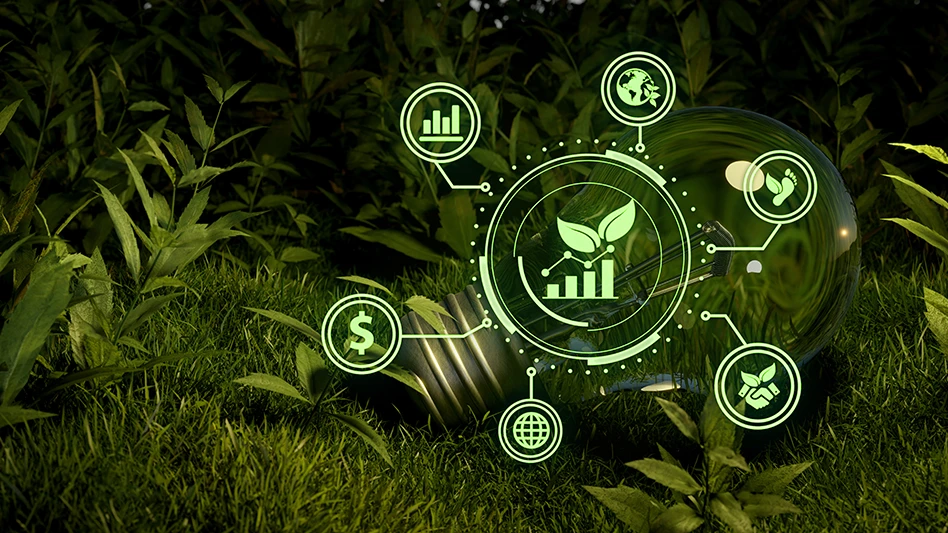
lumerb | stock.adobe.com
SERI (Sustainable Electronics Recycling International), Washington, has announced plans to develop a globally recognized environmental, social and governance (ESG) reporting standard and certification program for the electronics industry.
There is no globally accepted standard for how to report ESG impacts of electronics, SERI says.
“Today, organizations are working hard to measure all of their direct and indirect carbon impacts for ESG reporting, and when you think about all of the different variables within any business, it gets very complex very quickly,” SERI Executive Director Corey Dehmey says. “We realize that the carbon impact stemming from electronics may only represent a relatively small piece of the puzzle, but since nearly every business around the world uses some combination of computers, routers, data centers, POS [point of sale] systems, mobile phones and tablets, printers and other electronic devices in their daily operations, you can see that an ESG reporting standard for electronics is an important part of the larger picture.”
As the world becomes increasingly interconnected, demand grows for information on a company’s viability, sustainability performance and social responsibilities, SERI says. While existing initiatives work to create general guidelines for ESG reporting across all sectors, SERI says no industry-specific guidelines for the electronics sector are available, nor is there established third-party oversight to that reporting.
“Building an electronics ESG reporting standard that is universally applicable and globally adopted is the first half of the task,” Dehmey says. “But, reported data is only good as far as it can be trusted. So, the second half of the task is to build in verification to ensure that what is reported is accurate.
“And beyond that, electronics give a real opportunity to incorporate the social elements of ESG reporting. Think about the positive impacts that can occur when an electronic device is bound for reuse rather than recycling. Though a business’ old electronics may no longer suit their needs, those same devices could make a world of difference to someone who doesn’t have access to new electronics,” he adds.
SERI says its ESG program will serve as one piece in the ESG reporting system for clients and seek to align all the elements of the electronics value chain to feed into an organization’s ESG report.
According to the organization, this project offers businesses an opportunity for carbon reduction as well as increasing social good by helping bridge the digital divide through making better reuse and recycling choices within the purchasing, usage and information technology asset disposition functions of an organization.
The standards development process will be modeled similarly to SERI’s R2 Standard and in accordance with ANSI Essential Requirements, SERI says. The process will begin with a call for stakeholders to join a multidisciplined technical advisory committee and proceed with discussions of how best to build a standard that meets the needs of all parties, including reporting facilities in the electronics value chain, public corporations, OEMs, the investment community and regulators, SERI says.
“As a champion of electronics sustainability, we want to work as a convener and bring all the various parts of our industry together and contribute to the larger push for a true global economy,” Dehmey says. “We feel it is time to take a step forward once again into a leadership position for our industry and leverage our expertise as an ANSI accredited standards developer and our experience with over a decade of building and maintaining the R2 Standard and certification program to create an electronics industry ESG reporting standard and certification program.”
Latest from Recycling Today
- Steel Dynamics cites favorable conditions in Q1
- Hydro starts up construction in Spain
- Green Cubes unveils forklift battery line
- Rebar association points to trade turmoil
- LumiCup offers single-use plastic alternative
- European project yields recycled-content ABS
- ICM to host colocated events in Shanghai
- Astera runs into NIMBY concerns in Colorado





